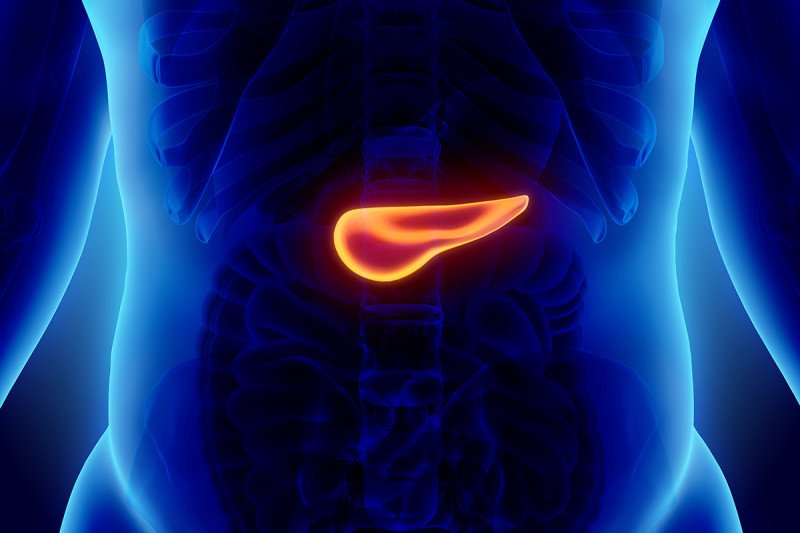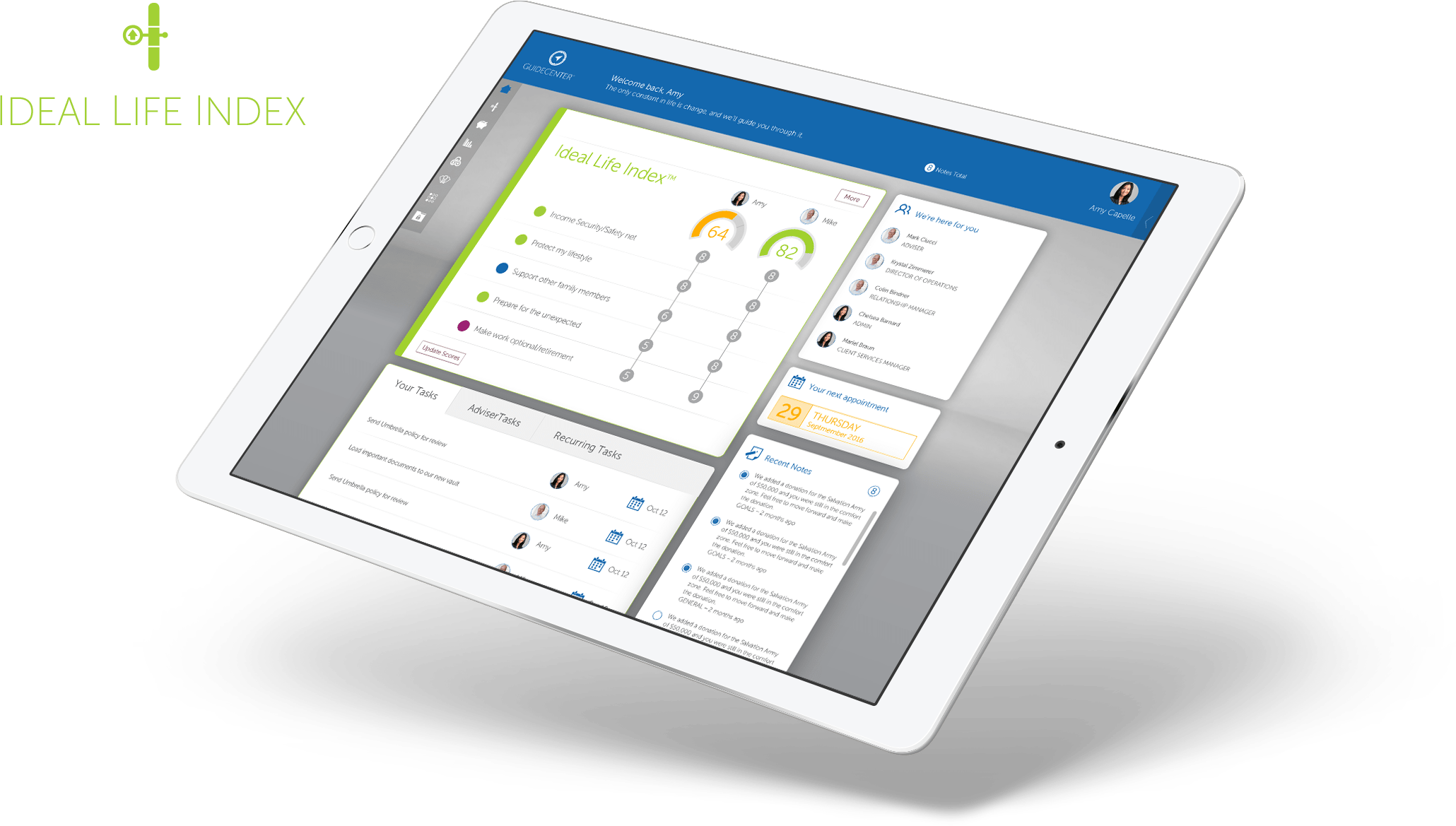Pancreatic Cancer Life Expectancy – How Long Is Your Time Left?
Pancreatic cancer is the fifth most common cause of death in the UK and is also one of the hardest to diagnose, especially at an early stage. However, the good news is that if you are diagnosed with pancreatic cancer, it has an 80% chance of being curable if detected early enough.
Pancreatic cancer survival rates vary depending on where you live, but overall, the average is around two years. For those who are diagnosed late, the average survival rate is only six months.
Although there are many types of pancreatic cancer, the most common type is pancreatic adenocarcinoma.
Pancreatic adenocarcinoma is a cancer that forms in the pancreas, located behind the stomach and small intestine. This is a fast-growing cancer, and the 5-year survival rate is only 8 percent.
If you are diagnosed with pancreatic cancer, you can expect to live for less than a year. That’s why you need to act quickly.
Most people get the news that they have cancer at some point. That’s when a doctor tells them they need to start fighting back against a disease that will kill them unless they take aggressive measures. This is usually when people start preparing their wills and other documents so that their families can continue to live comfortably when they are gone.

What is pancreatic cancer?
Pancreatic cancer is an aggressive disease that affects the pancreas. According to the National Cancer Institute, pancreatic cancer is one of the most deadly cancers in the United States.
It is estimated that the incidence of pancreatic cancer will increase by as much as 50 percent by 2020, and by 2030, it is predicted to become the second leading cause of cancer death in the United States.
In 2016, there were over 45,000 cases of pancreatic cancer in the United States alone. That means nearly a half million people in the United States have been diagnosed with pancreatic cancer since 2000.
At present, pancreatic cancer is usually detected at an advanced stage, and most patients do not survive longer than 12 months from the diagnosis. The five-year survival rate is less than 5 percent. Surgical tumor removal is the only effective treatment for pancreatic cancer, but only 15 to 20 percent of the tumors are resectable. When the cancer is locally advanced or has spread beyond the pancreas, chemotherapy can prolong survival, but the long-term outcomes remain poor.
How can you tell if you have pancreatic cancer?
The symptoms of pancreatic cancer are vague and nonspecific. Therefore, most people with pancreatic cancer are diagnosed with advanced disease.
You should see a doctor immediately if you have any of the following.
- Persistent abdominal pain
- Weight loss
- Anemia
- Jaundice
- A mass in the abdomen
- Fatigue
- Diarrhea
- Constipation
- Dry mouth
- Nausea
- Vomiting
How long is your time left?
Pancreatic cancer looks different to each person because it can be a slow-growing tumor or grow quickly.
You may notice that your pancreas seems to be bigger than normal. Sometimes, this is referred to as a pancreas mass. In addition, it could be hard to feel, and you may have pain in the area.
You could also experience other symptoms such as abdominal bloating, nausea, loss of appetite, weight loss, and changes in bowel movements.
If you are experiencing any of these symptoms, contact your doctor immediately. What Is Pancreatic Cancer? Pancreatic cancer is one of the deadliest types of cancer. The tumor can grow quickly and spread to other parts of your body. It is often difficult to find until it has reached an advanced stage. The most common type of pancreatic cancer is pancreatic ductal adenocarcinoma. This type of cancer starts in the pancreas. The pancreas is a gland that produces digestive enzymes and hormones.
What does pancreatic cancer look like?
Pancreatic cancer is a type of cancer that starts in the pancreas. It’s the fourth most common type of cancer in the United States and the sixth leading cause of cancer-related deaths.
Although there are many types of pancreatic cancer, the most common type is pancreatic adenocarcinoma.
It typically starts when cells in the pancreas begin to grow abnormally and become cancerous. Cancer can spread to other organs, but the pancreas is usually the first to be affected.
However, these tests are not as effective for detecting pancreatic cancer as they are for detecting other cancers. The symptoms of pancreatic cancer are not very specific and are similar to other illnesses. These symptoms include abdominal pain, nausea, vomiting, and weight loss. The risk of developing pancreatic cancer increases with age. The average age at diagnosis is 65 years. The average life expectancy after being diagnosed with pancreatic cancer is less than six months. Other factors that increase the risk of developing pancreatic cancer include smoking and diabetes.
Frequently asked questions about Cancer Life Expectancy.
Q: When should I start getting tested?
A: You should be tested at age 30.
Q: Do you have any family history of pancreatic cancer?
A: Yes, my mother died from this disease.
Q: Have you had any symptoms of this disease?
A: My stomach was upset recently, but I ignored it.
Q: What other treatments are available for this condition?
A: There is no cure, but there are therapies that can prolong life.
Q: What happens after treatment for this disease?
A: I am still doing chemotherapy.
Q: What are your thoughts on this disease?
A: I am not too sure about this disease. I think I will have to do more research.
Q: What are some myths about Pancreatic Cancer?
A: A common myth is that this disease is slow-growing. It is fast growing.
Top Myths About Cancer Life Expectancy
1. The average life expectancy for pancreatic cancer patients is about five years.
2. Most pancreatic cancer patients die within a year of diagnosis.
3. Surgery is the most effective treatment.
Conclusion
In conclusion, pancreatic cancer is a horrible disease. Most people don’t survive beyond five years after diagnosis. And the treatments are not very effective either.
However, there is a new treatment that is showing promising results. While we still need to find out if this treatment can be used as a cure for pancreatic cancer, it does show that there is hope for pancreatic cancer patients.















